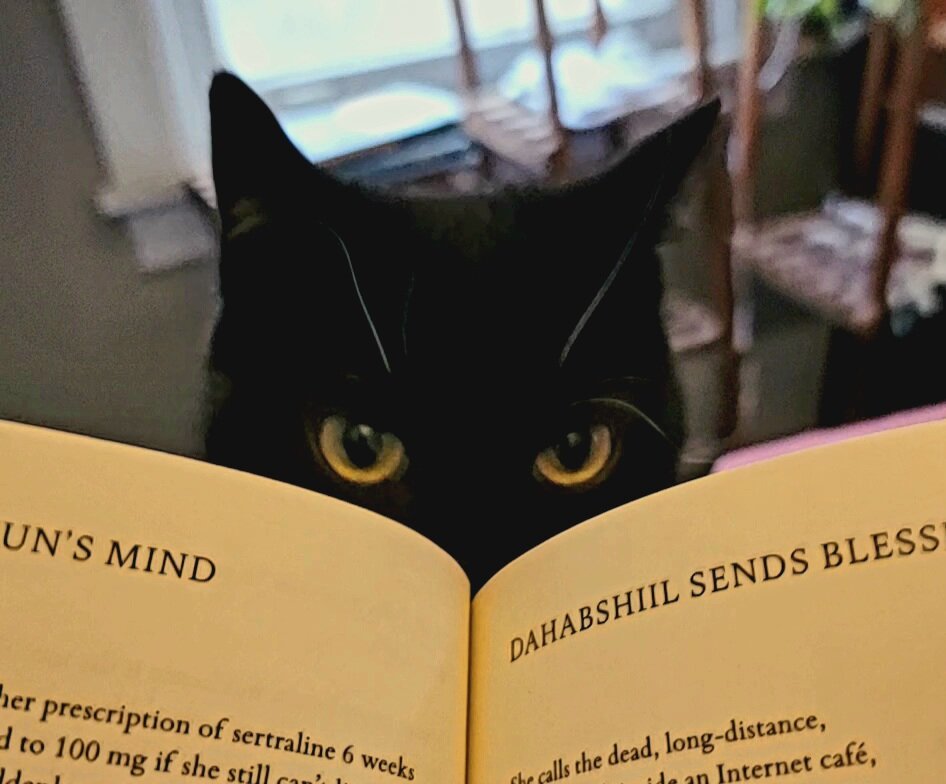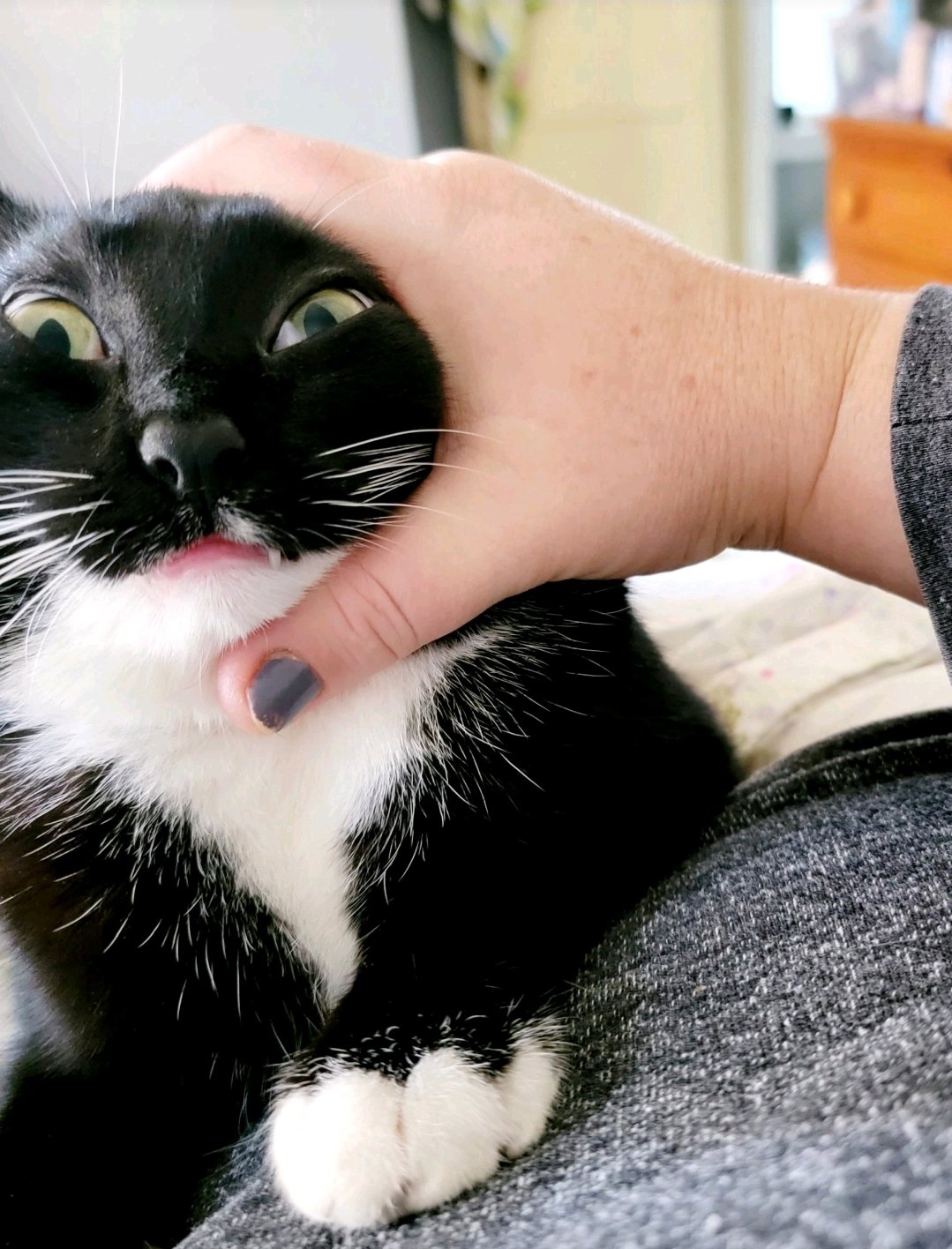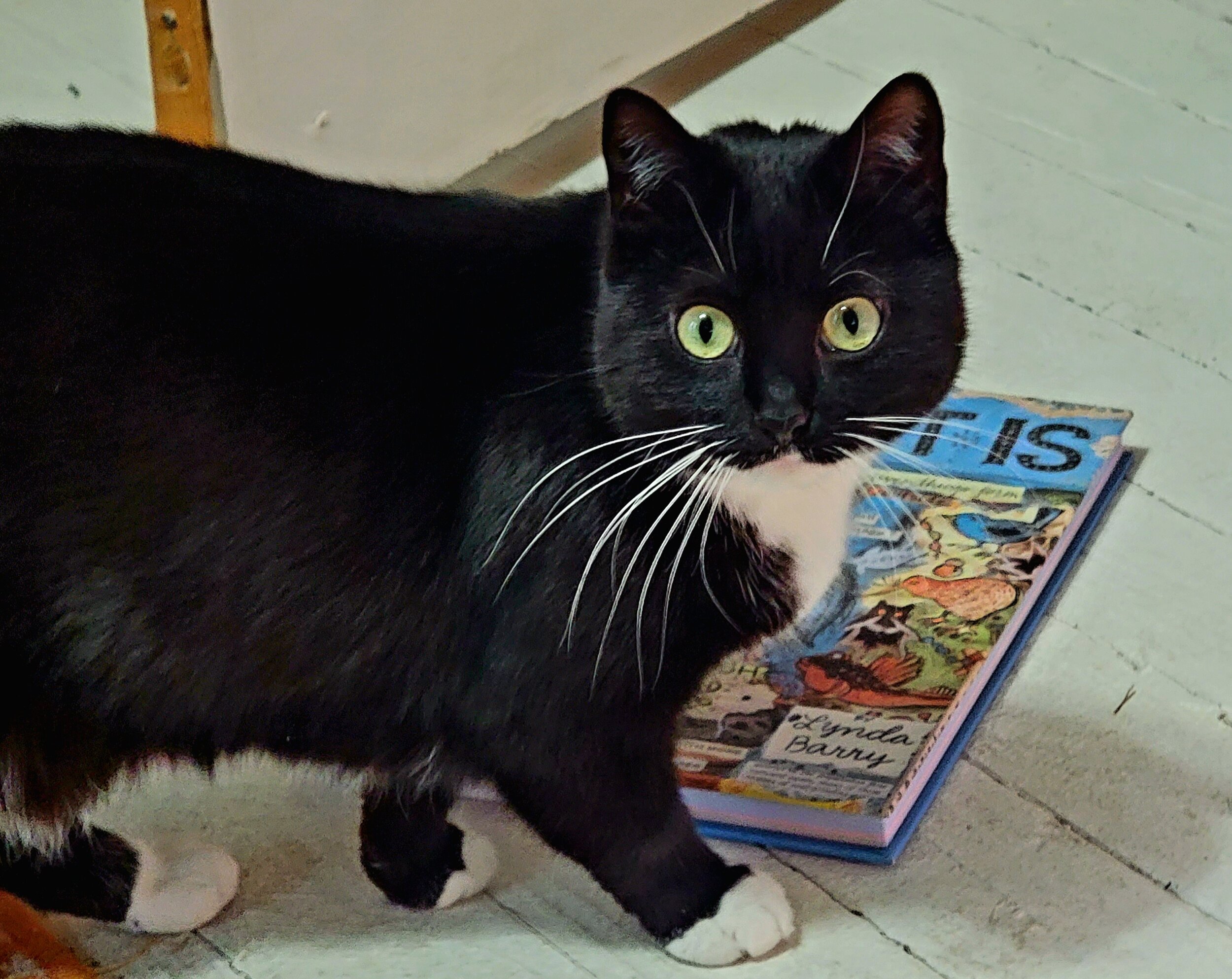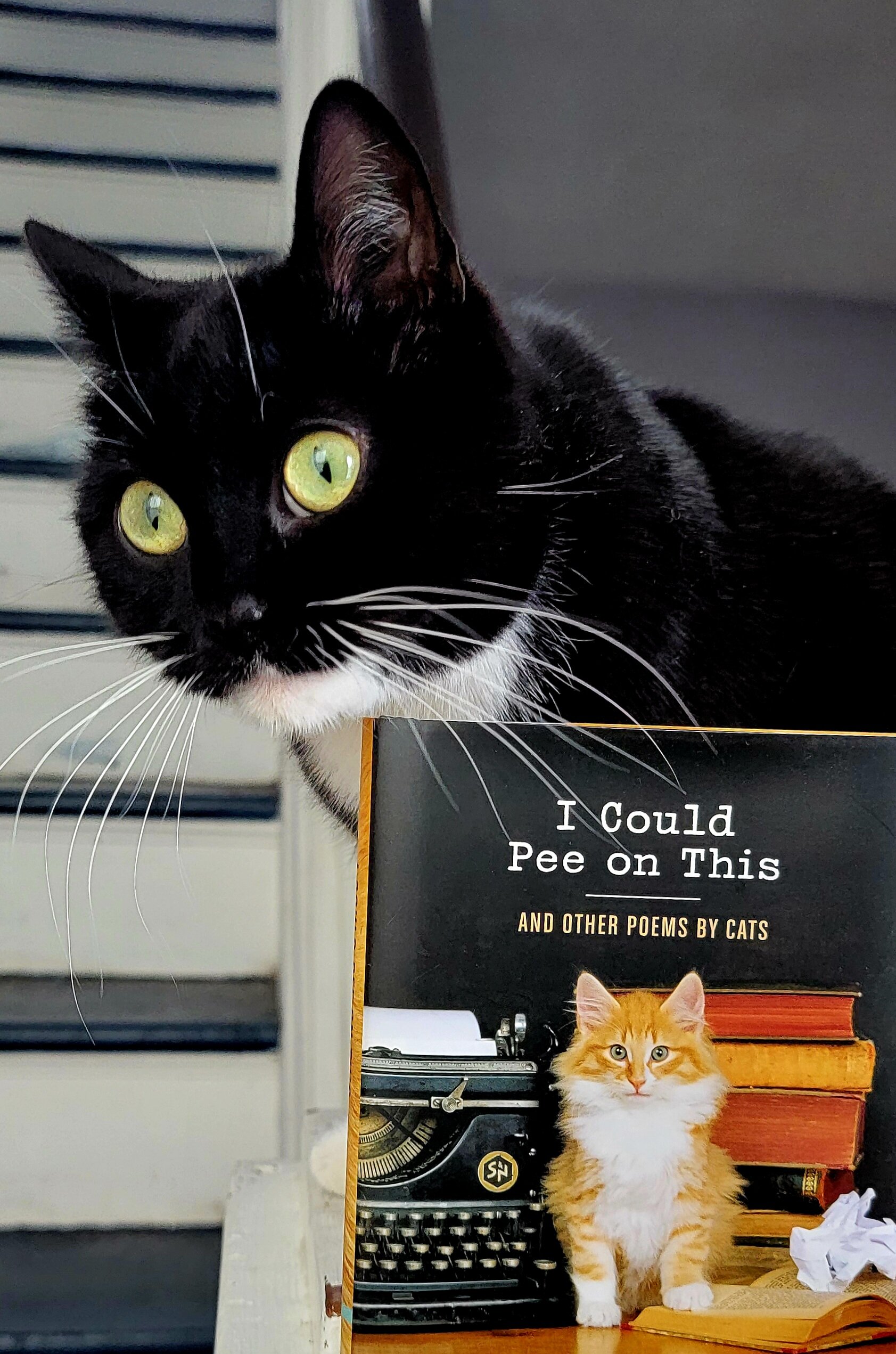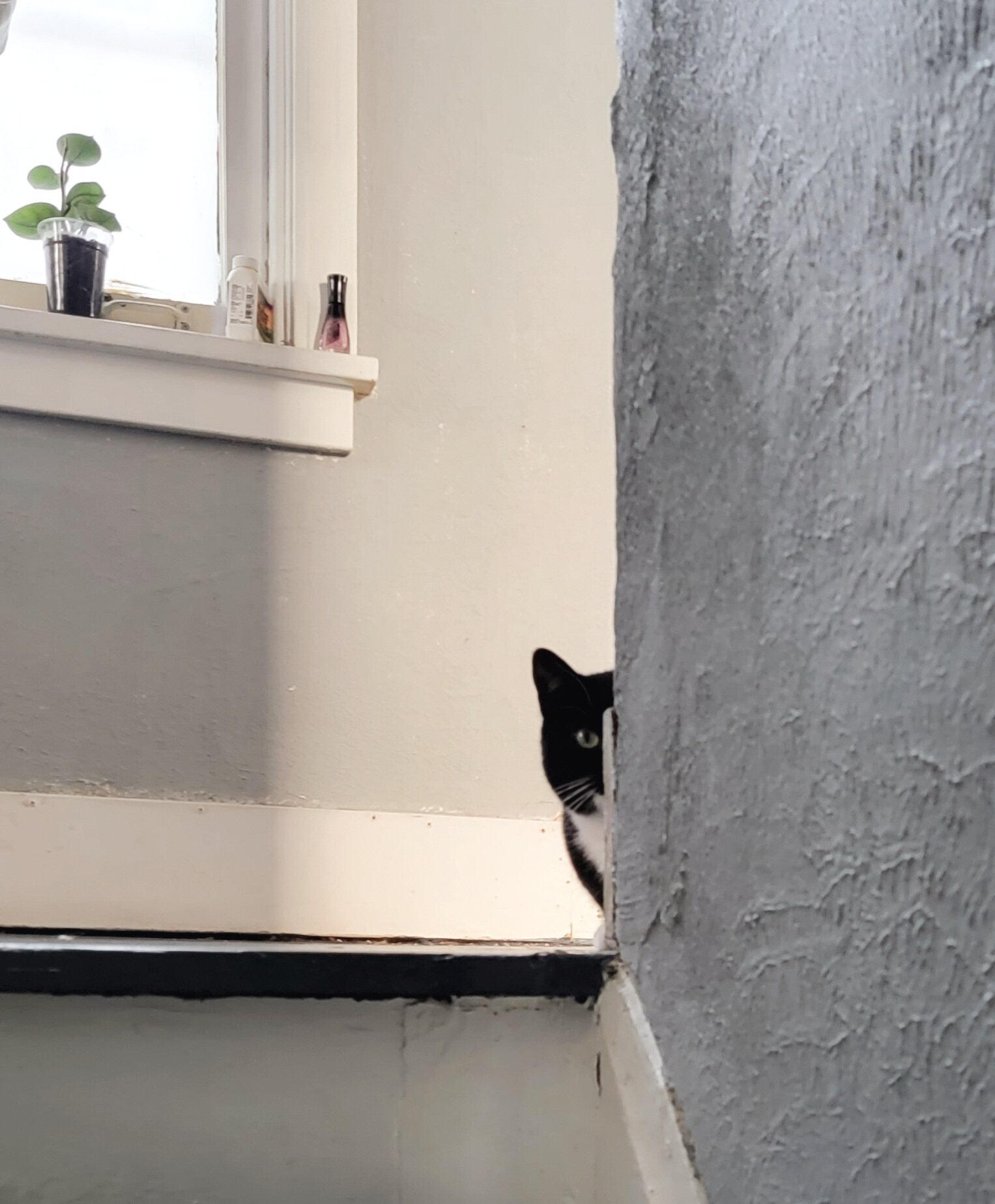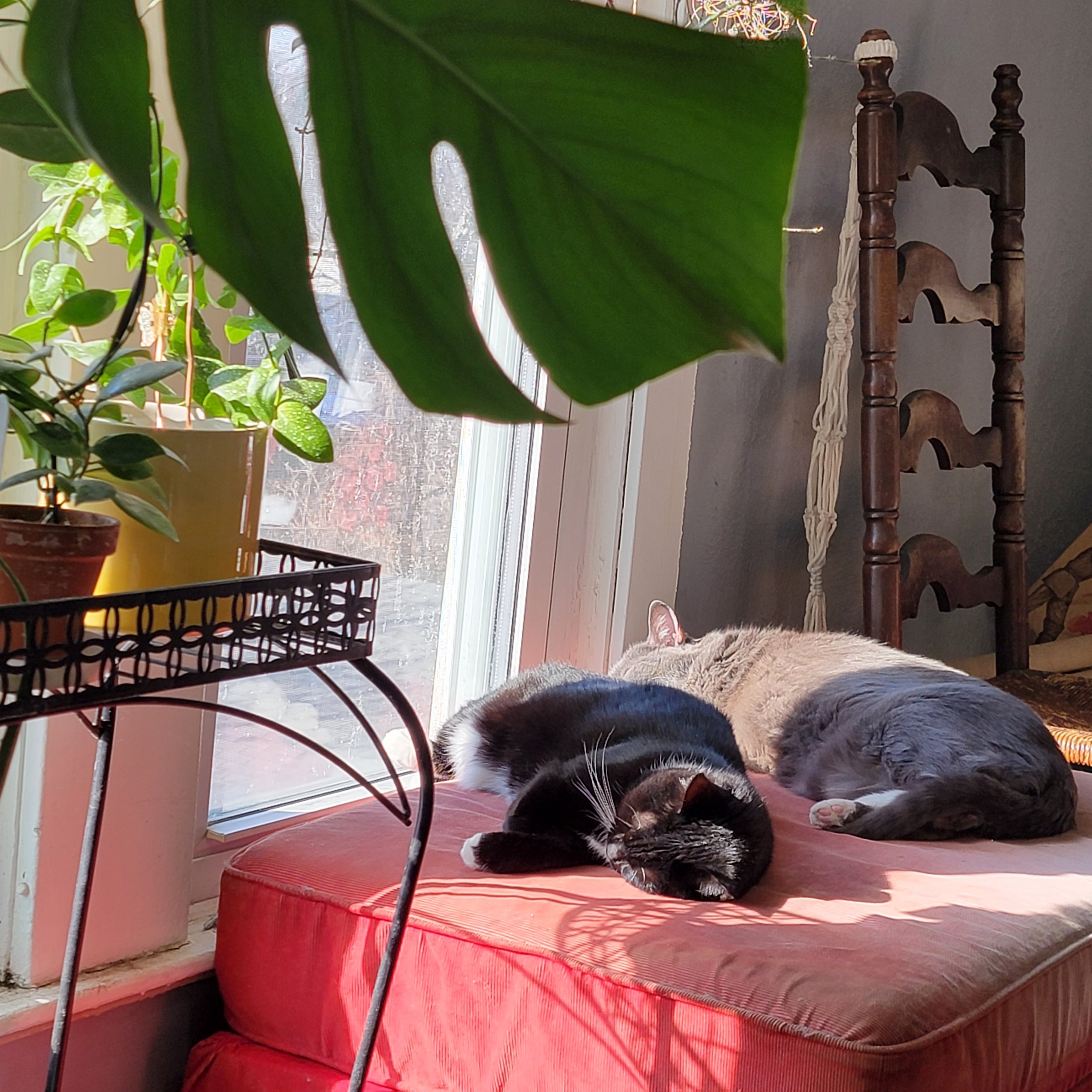The Book of Goose v. Tomorrow, and Tomorrow, and Tomorrow
The 2023 Tournament of Books, presented by Field Notes, is an annual battle royale among the best novels of the previous year.
MARCH 29 • ZOMBIE ROUND
The Book of Goose
v. Tomorrow, and Tomorrow, and Tomorrow
Judged by Nathan Deuel
Nathan Deuel (he/him) is the author of Friday Was the Bomb: Five Years in the Middle East. He is a frequent contributor to The Los Angeles Times and has written essays, short fiction, and reviews for the New York Times Magazine, GQ, Harper’s, and the Paris Review, among others. A continuing lecturer at UCLA’s Writing Programs, he lives in Venice Beach, where the surf forecast often calls for a “Poor to Fair” swell of two to three feet. Known connections to this year’s contenders: None. / nathandeuel.com
I’ve been writing about and reviewing books for like 20 years. But I’m not prepared when I pop into my 13-year-old’s bedroom and there is L___, merrily reading my copy of The Book of Goose. Around them are stuffed animals. There's a poster of a frog. The frog warns: “Hippity hoppity, get off my property.” Only like 10 minutes ago, it seems, this child still needed help tying their shoes.
Time marches on. Never previously had this human expressed interest in any of my books from work. I’ve just come back from surfing. The water was very cold and my hands are still numb, and my child has apparently entered the French village and is getting to know the unforgettable and bizarre pairing of Agnès and Fabienne, one of the most odd and affecting relationships from any recent book I can recall right now.
“Look at what you wrote,” L___ says, holding up the book to a page filled with my chicken scratch. My hands throb. (It was a pretty good surf.) In angry scrawl, just before the tender and aching nature of the friendship between two French girls becomes the center of Yiyun Li’s excellent book, I’d written: “Where are we? Who are these characters? Why should I care?”
Standing in the doorway, I savored the memory of my early distaste for the novel, the way I’d gritted my teeth about those pages and sensed an author who didn’t care about me, was being coy, was perhaps too ungenerous with her apparently prodigious powers.
And now, well past that point, wanting to correct me—one of the most exciting things a 13-year-old can do to a parent—L___ smiled with power. I could feel this person relishing the chance to say the following: “You sure were wrong, weren’t you?”
In New York City, a woman falls from the sky. Stunned by her death, Anna Lee moves to Los Angeles to be near her parents, who run a pizza place with a Donkey Kong arcade game, perfect for her young son Sam. Then Anna’s acting career takes off and with paychecks from a horrible game show she buys a sports car. On a dark road, with Sam, having nearly hit something (a dog? a coyote?) Anna stops and turns off the car. Someone comes roaring in the other direction. So goes one of the best scenes in Gabrielle Zevin’s Tomorrow, and Tomorrow, and Tomorrow.
Meanwhile, in Li’s The Book of Goose, our narrator Agnès is happy if a bit melancholy in her marriage to an American in Lancaster, Penn., where people call her the “French bride.” At one point, we learn, Agnès was quite famous in Europe. There’s an old friend called Fabienne?
I wanted so badly to care more.
Here’s Agnès talking about her fear and love of the mysterious and feral Fabienne: “Her cows were afraid of her—even before she raised her stick they cowered. No dogs nipped at her. The bees in the woods stung only me.” It’s post-war rural France and everyone is so poor, and Agnès’s brother is dying, and food is scarce, and Fabienne's dad is a drunk. The girls decide to start writing.
Goose, it becomes deliciously clear, is not just the story of young women and their brilliance, but also an ode to their struggle to be heard or at least left alone and maybe even to love each other in peace. “All the girls, other than me, wanted the same things… to be praised by teachers, but more important, to be admired and envied by one another; to catch the attention of the right boys,” Agnès thinks. “I would have been one of them had Fabienne not been in my life.”
The tension between women in the other book, Tomorrow, is far more typical of what feels to me like a set of lackluster, fill-in-the blanks gestures that seem more loyal to a kind of bland zeitgeist—surprising and even a little painful, given how widely loved this novel seems to be.
“You would think women would want to stick together when there weren’t that many of them,” main character Sadie observes about MIT, where she matriculates, “but they never did. It was as if being a woman was a disease that you didn’t wish to catch.” This is one of the last interesting things Sadie says.
FROM OUR SPONSOR
I wanted so badly to care more, to get excited when Sadie reunites with Sam, whom she first met back in a Los Angeles hospital ward (where his mom has died and Sam just barely survives). But I can’t imagine I’d ever suggest to L___ that they read even a page of Tomorrow, because compared to Goose’s subtlety, beauty, and nuance, too often the basic mechanics of the storytelling in Tomorrow’s world are campy, with pages of dialogue, predictable plot twists, and inane characters. You almost expect someone to come back from the dead. For example: How do Sam and Sadie get their video game in front of people who matter? Just as in Goose, there's a man to help: In this instance, it’s Sadie's cartoonish professor, the vile and violent scumbag Dov, who I never want L___ to contemplate. (Whereas Goose’s evil postmaster is drawn by Li so finely, his aiding of the girls oozes with a bizarre and stirring sadness, not the comic book evil horniness of dumb Dov. To be clear, Tomorrow also uses the word “grok” at least twice, which is two incidences more than any book should.)
It is such a persuasive and powerful experience, to have your kid reading the same book you’re supposed to be writing about. (And for them to be responding to it much the same way as you did.) Two days after witnessing my child reading one of the two books I had to judge, I went for another surf and returned in the weak light of a Friday afternoon. In my room, I started writing more of this piece, toggling back and forth to survey the weather forecast. L___, my wife, and I go on a lot of outdoor adventures together. Camping in Bishop, Calif. Skiing at Mammoth Mountain. Checking and rechecking the forecast, working a bit more on the piece, I had to admit to myself that we would not be loading up the van to head north—a second blizzard was headed straight for the eastern Sierra and it would add feet of snow to what had already been an epic blanket of powder.
This was great news for L___, who was happily mowing through Goose, maybe the most mature and advanced book they’d yet undertaken. Peeking into their room now and then, I had to resist asking certain questions, like if they thought England would work out for Agnès, if that photographer was as creepy as he seemed, and would the parents ever be happy? Finally, I blurted out to L___ a simpler one: Isn’t Fabienne awesome?
“What are you talking about?” L___ said. “Fabienne is awful. Everyone is kind of awful. But I love it.”
Is any father-child pairing currently having a conversation about the characters in Tomorrow?
Call it beauty. Call me a prude. Call it art.
What I do know is that if L___ were to pick up my copy of Zevin’s book, they would find more chicken scratch, and perhaps they would enjoy my attempt to explain why I both kind of loved but mostly hated it: “It's like a big greasy bag of stupid cheeseburgers,” I wrote. Put another way: I like a cheeseburger and sometimes I like two cheeseburgers, but what do I want from a reading experience of several hundred pages?
I’ve been reading 50 to 100 books a year since I was 13. What Goose offers, at least for me, is that fleeting feeling of pure insight, tension, and mystery that feels like it honors the lives we actually live—not some garish caricature of lives we might blithely conjure. Is this what L___ loves? In the months and years since they’ve started reading more serious books, when I get lucky enough to hear them talk about plot and character, theme and style, they seem (like me, I suppose) drawn to the same kind of crazy and surprising stories that aren’t merely entertaining, gripping, or built to satiate our baser yearnings for sex, death, and fame.
Call it beauty. Call me a prude. Call it art. Maybe what separates the real thing from entertainment is something sad? I don’t know. From Zevin’s novel, there’s this line: “To make a game is to imagine the person playing it.” But another truth from Tomorrow is probably more germane: “[A]rt doesn’t typically get made by happy people.”
I am grateful to read these novels together. Both have powerful but doomed female leads. Both concern storytelling and feel simultaneously propulsive and irresistible. Both concern the lure of being exceptional, that knife edge between wanting it and then realizing you have to live with having gotten it. In Agnès’s words: “The world had no place for two girls like us, wanting, and unable, to kill each other; wanting, and unable, to save each other.”
Maybe this is the best diagnostic: Weeks later, when I’m awake, I find myself thinking about Zevin's annoying cartoon characters. But Li's two wildly original women? They’ve come to me when I'm dreaming.
What should L___ read next?
Advancing:
The Book of Goose
Match Commentary
with Rosecrans Baldwin, Meave Gallagher, and Alana Mohamed
Rosecrans Baldwin: Oof! I don’t know where to start, so let’s start here: What was the first book you read as a child or teenager that you sensed was an adult book?
Meave Gallagher: Hang on, I need to relish my vindication. What a judgment. What a kid!
Rosecrans: What a kid! What a judgment!
Meave: My parents are readers and music lovers, so my brother and I had total freedom in these areas. (And the internet, which counted as “reading materials.”) At a recent For the People meeting, incoming ALA President Emily Drabinski talked about taking her son to get his first library card, and how the librarian spoke directly to her kid, effectively creating a relationship between the library and the child unmediated by a parent. (Cf. a certain culture warrior’s big ideas about libraries auto-emailing parents when their kids check out books that have received complaints from other patrons.) I had an autonomous relationship with my public library, which is how I came to read The Autobiography of Malcolm X when I was 11. The cover was so alluring, gilt lettering on black fabric, and its contents exploded my brain. Reading it was like visiting a place that wasn’t for me. (Why was Jean Plaidy’s Henri IV more relatable than Malcolm X?) I couldn’t believe I was allowed to know these things—a concept that had never before occurred to me. The freedom to read is a human right! Though kids especially need trusted people to ask about things they don’t understand.
Alana Mohamed: Geez, getting misty-eyed thinking about 11-year-old Meave reading that book.
Rosecrans: Totally.
Meave: Don’t give me too much credit. I had no idea what I was picking up from the Black History Month table.
Alana: It’s just amazing how Malcolm X’s words could end up in a kid's hands via a book display!
Meave: They work!
Alana: I was a similarly unrestricted reader. Public libraries formalized the division between kids and adult books, but my school reading didn’t. A lot of the older books in my school library dealt with themes I wasn’t reading elsewhere (score one for an NYC public school education). One book that I read around age nine concerned a teen concubine who rose to the rank of queen and then fell from grace. It stuck with me for its decidedly unhappy ending—I wonder if I’d find it moralistic now.
Meave: “Teen concubine” sounds creepy. My school had neither library nor fixed location, so we field-tripped to the public library to wander the stacks. Alana, would you characterize your school media center as “pretty good,” then?
Alana: More like it was so bad it circled around to being good again? We had some real dusty books. I do wish I had had someone to unpack those books with, the way Judge Deuel’s child could talk to him about The Book of Goose. Did you ever have that relationship with someone? I never discussed the books I was reading with my parents. If I did, I wouldn’t have felt comfortable enough to contradict them.
Meave: Has that changed in adulthood for you? It took a long time to learn that when my parents said, “you can talk to us about anything,” it was my responsibility to initiate those conversations. But when I finally asked my dad, Mr. History, for some recommendations, he was so pleased, we went immediately to the library for A Distant Mirror and Barry Lyndon on DVD.
Alana: My dad and I are nonfiction nerds, so we’ve reached an understanding. I’m more comfortable sharing my opinions with him, but I’m not necessarily ready to argue with him.
Rosecrans: Yeah, I’ve never argued with my dad about Clive Cussler’s talents—what’s the point? So, we’re nearing the end of the Tournament. Alana, Meave, looking over all the commentary you’ve done, what themes stand out?
Alana: It seems like one thing we kept returning to in our own commentaries was how to deal with despair, which probably surfaced most obviously in the My Volcano and The Rabbit Hutch matchup, but was also pretty omnipresent anytime we discussed libraries or race or gender or… Everyone is writing through a crisis!
Meave: Understandably! Every day I am sad about choosing not to have a kid, and every day I’m reminded why we made that choice. But the incredible Mariame Kaba—another new librarian!—says if we don’t fight back, we’re doomed, and I want better for everyone else’s babies, so I’ll mention For the People again. If you care about access to information, check it out. “We can bring to birth a new world from the ashes of the old,” etc.
Alana: A great resource! At minimum, we need people to use their local libraries and vote in local elections, and everything else For the People advocates for. Anyway, what are you feeling as we come to the end of things?
Rosecrans: Tired.
Meave: The gulf between the judges’ and the Commentariat’s opinions seemed wider this year. But if you still needed proof of the arbitrariness of book awards, imagine Judge Deuel choosing between Notes on Your Sudden Disappearance and The Violin Conspiracy, two of the most disparaged books of the Tournament.
Rosecrans: Though also celebrated by many.
Meave: What if Judge Safi had gotten Nightcrawling versus Babel? Maybe the theme this year is ”surprise, bitch.” Did you two have any big shockers/heartbreakers/grudging respect?
Rosecrans: As a co-organizer, I maintain silence.
Alana: Oh, don’t send me back to Manhunt’s heartbreaking defeat. I’ve only just begun to recover. I did appreciate that many of the judges took time to reflect on how their personal lives and reading habits influenced their judgments, as Judge Safi did. I have tried Judge Farah’s method of reading books out loud when they fail to hold my attention—I don’t hate it!
Meave: I’m taking solace in knowing more people read Manhunt. Hail our queen of gore.
Rosecrans: On to the next one! The next two! The end is nigh!
Today’s mascot
From Ehrrin K., today’s mascot is Agatha, named after Agatha Christie for her bloodthirst and ruthlessness. Her hobbies are menacing her older sisters, placing toys strategically on the staircase, shredding houseplants, and being complimented on the roundness of her head. Ehrrin says, “When we fill out our brackets, she always picks whichever book has the most murder. We reside in Pittsburgh, which uses ‘jag’ or ‘jagoff’ as its most damning insult, so Aggie is occasionally known as Jagatha or Babby Jaggie. (But if you call her that, there will be consequences.)” Hail our queen of gore, indeed!
Welcome to the Commentariat
To keep our comments section as inclusive as possible for the book-loving public, please follow the guidelines below. We reserve the right to delete inappropriate or abusive comments, such as ad hominem attacks. We ban users who repeatedly post inappropriate comments.
Criticize ideas, not people. Divisiveness can be a result of debates over things we truly care about; err on the side of being generous. Let’s talk and debate and gnash our book-chewing teeth with love and respect for the Rooster community, judges, authors, commentators, and commenters alike.
If you’re uninterested in a line of discussion from an individual user, you can privately block them within Disqus to hide their comments (though they’ll still see your posts).
While it’s not required, you can use the Disqus <spoiler> tag to hide book details that may spoil the reading experience for others, e.g., “<spoiler>Dumbledore dies.<spoiler>”
We all feel passionately about fiction, but “you’re an idiot if you loved/hated this book that I hated/loved” isn't an argument—it’s just rude. Take a breath.


